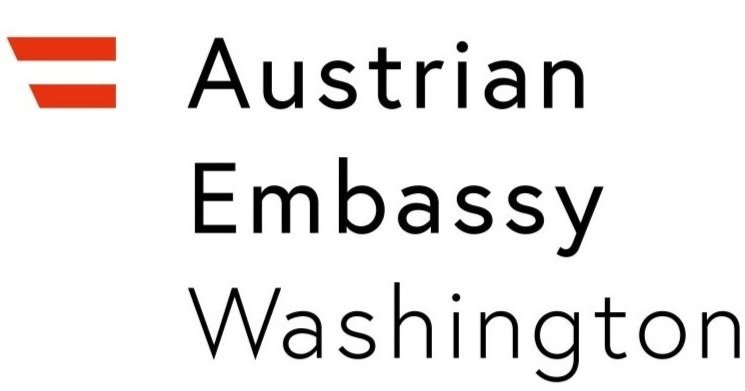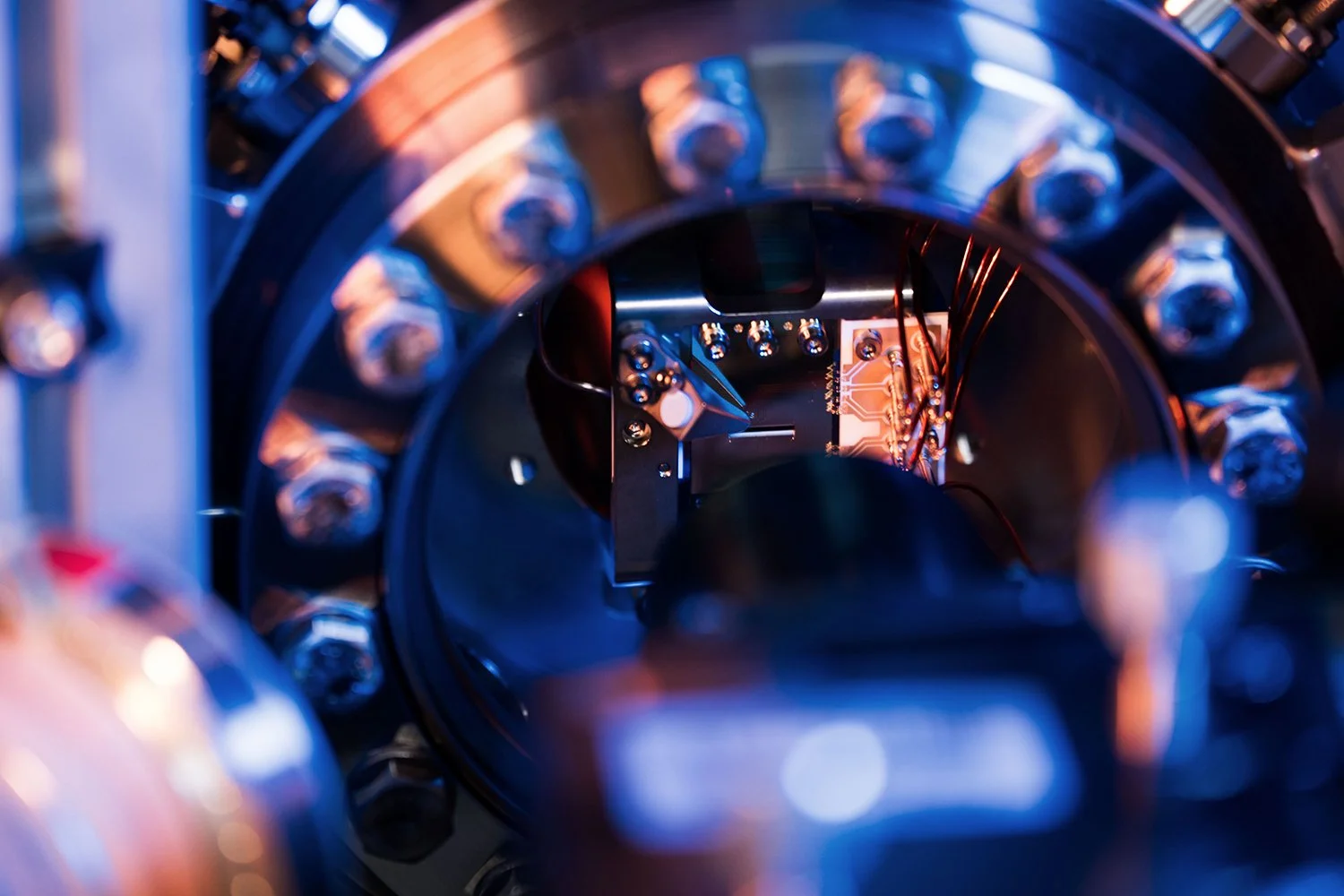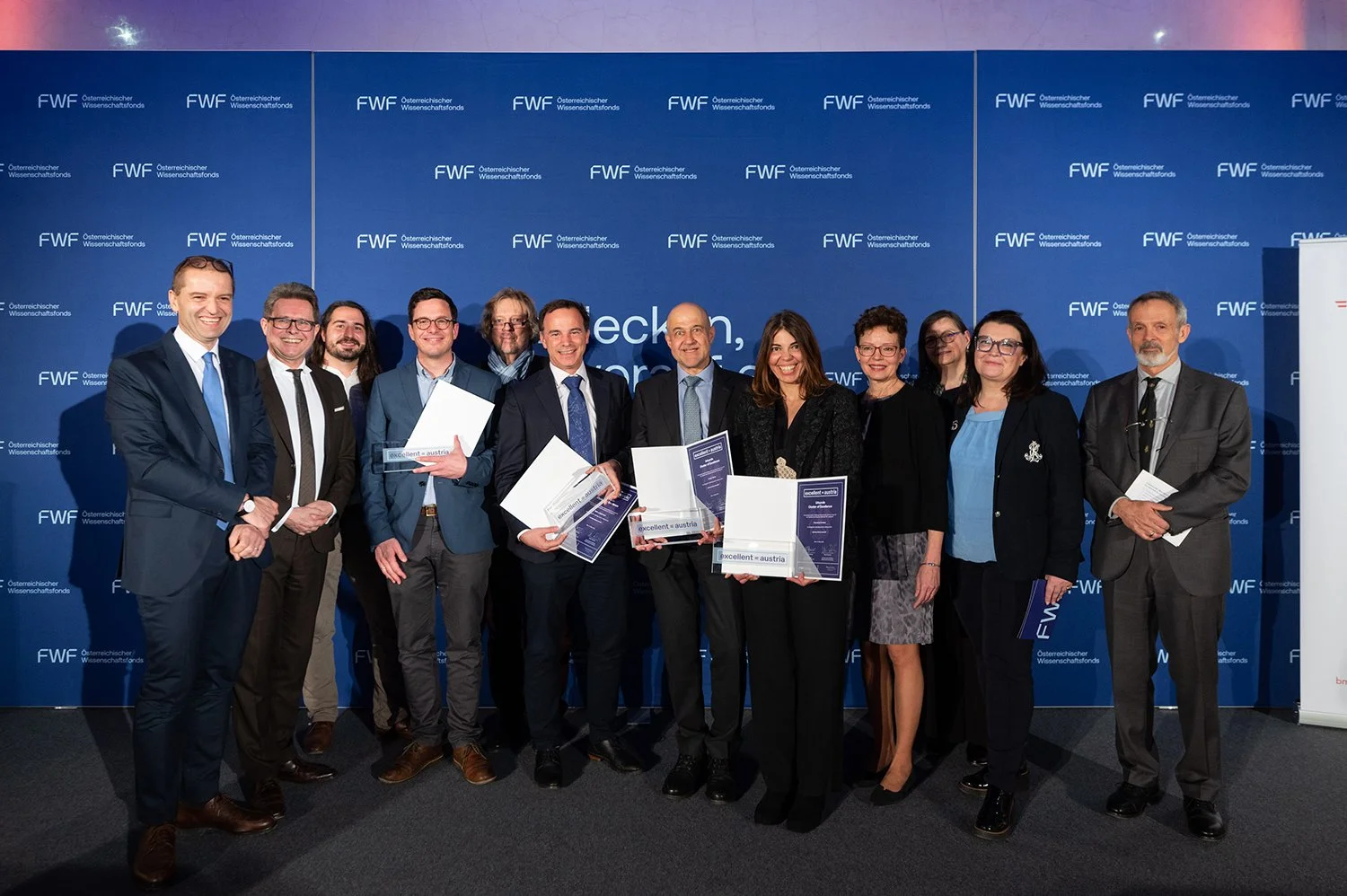Austrian Science Fund (FWF): Success Story Quantum Research in Austria
100 years after the mathematical formulation of quantum mechanics, Austria is one of the leading research nations in quantum physics, a field of research that will continue to have a major impact on culture, science, and technology. For this reason, the United Nations (UN) has designated 2025 as the Year of Quantum Research.
Quantum research has been one of Austria’s strengths for decades.
Photo: FWF/Dominik Pfeifer
While in traditional physics everything is subject to logic, in the quantum world, chance rules. Quantum physics is trying to find out exactly what this means by focusing on the smallest building blocks that make up our world. Their behavior forms the basis of all larger systems. 100 years since the first mathematical formulation of quantum physics in 1925, scientists can now control and use individual building blocks of matter for specific purposes, including computers that can solve complex problems, in highly secure communication systems, and for ultra-precise measurement methods in diagnostics or materials research.
Austria Among International Leaders in the Field
Today, Austria is an international leader in the field of quantum physics with numerous research groups at the University of Vienna, TU Wien, the Institute of Science and Technology Austria (ISTA), the University of Innsbruck, the Austrian Academy of Sciences, and the Austrian Institute of Technology (AIT). The Cluster of Excellence “Quantum Science Austria,” funded by the Federal Ministry of Women, Science and Research’s excellence initiative and the FWF’s Quantum Austria funding program, brings together Austria's leading quantum physics research groups to further advance research through collaboration. The Austrian quantum ecosystem now extends far beyond academia. An innovation system has emerged that ranges from basic and applied research to start-ups that commercialize research breakthroughs.
“Quantum research opens up completely new and highly innovative opportunities. Thanks to decades of investment, Austria is very well positioned in this forward-looking field, from the generation of basic knowledge to initial applications and promising start-ups. The fact that the United Nations has declared 2025 the Year of Quantum Research shows how important this field of innovation is. It also offers great opportunities for Austria as a business location,” says FWF President Christof Gattringer, emphasizing the importance of quantum research for Austria.
The First Quantum Revolution
Researchers at numerous Austrian locations already played an important role in the first quantum revolution – over many years, much of their funding came from the FWF and other funding providers. Physicists such as Anton Zeilinger and his predecessors Helmut Rauch and Herbert Pietschmann made pioneering contributions, particularly in experimental quantum physics. Zeilinger’s work on quantum entanglement and quantum teleportation gained worldwide recognition, and he was awarded the Nobel Prize in Physics in 2022.
From Understanding to Controlling Quantum Phenomena
Since the early 21st century, researchers have been focusing on the second quantum revolution, not only studying quantum phenomena but also specifically controlling them, opening up new possibilities in the fields of communication, cryptography, computing, simulation, and sensor technology. In Austria, the foundation of institutions such as the Institute for Quantum Optics and Quantum Information (IQOQI) in 2003, the Austrian Institute of Technology (AIT), and the Institute of Science and Technology Austria (ISTA) have led to a significant expansion of the research landscape. These institutions, along with Austrian universities in Linz, Innsbruck, and Vienna and the Austrian Academy of Sciences, now play a key role in the global quantum research network.
Investments by FWF and FFG Get Results
Thanks to funding from the FWF and the FFG as well as support from the public sector, Austria has recently been able to develop into a leading location for quantum research and innovation. This quantum ecosystem helps to translate research breakthroughs into practical applications and strengthen Austria’s position in one of the most important fields of modern science. According to a recent WIFO/IHS/JR study, a total of €284 million has been invested in quantum research (basic research) in Austria over the last 30 years by the FWF. According to the study, the success of Austrian quantum research is based on a combination of basic research, long-term funding, and international networking. Spin-offs such as Austrian Quantum Technology, ParityQC, and Quantum Industries are examples of how research findings can be transferred into innovative companies. Since 2012, seven start-ups have been founded in the field of quantum technologies, all of which have emerged from Austrian research institutions.
FWF Impact in Quantum Research
This chart shows the impact of research funding: Since 1995, the FWF alone has invested around €284 million in research groups throughout Austria (from the study Janger, J. et al., [2024]: The Economic and Societal Impact of Basic Research Projects Funded by the Austrian Science Fund. WIFO, IHS, Joanneum Research).
Current National and European Investments in Quantum Research
At the national level, the FFG and FWF are investing a total of €107 million from the EU Recovery and Resilience Facility in the expansion of quantum research and technologies and in high-performance computers as part of the Quantum Austria funding initiative on behalf of the Federal Ministry of Women, Education and Research between 2021 and 2026. The recently published interim report provides an overview of the projects funded by Quantum Austria as well as key figures. The FWF is also involved in several European initiatives, such as QuantERA.
One out of hundreds FWF-funded research projects: The Cluster of Excellence “Quantum Science Austria” aims to expand the frontiers of knowledge. This picture was taken in 2023 at the presentation of Austria’s Clusters of Excellence and shows representatives of the FWF with Christof Gattringer and Ursula Jakubek, former Federal Minister Martin Polaschek, and members of the Cluster’s Board of Directors with Director of Research Gregor Weihs.
Photo: FWF/Daniel Novotny
About the Austrian Science Fund (FWF)
The Austrian Science Fund (FWF) is Austria’s leading organization for funding all fields of basic and arts-based research. Based on a rigorous international peer review process, the FWF supports excellent researchers and their ground-breaking ideas. The insights they gain make Austria a more attractive research location and create the broad knowledge base needed to face the challenges of tomorrow.



